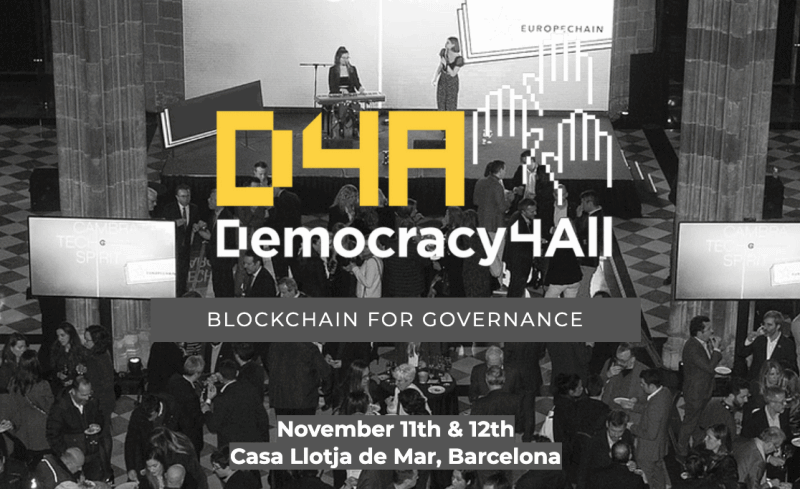Currently under
construction.
We're adding features,
and making the site
available on phones.
Bear with us...
A few things are working.
Try them out
Currently under
construction.
We're adding features,
and making the site
available on phones.
Bear with us...
A few things are working.
Try them out
Updating the Mondragon Coops on Global Terrain
A 50-page PDF by Fred Freundlich, political economist and long-time professor at MCC’s Mondragon University. ‘Change in the Face of Globalization.’ Get it HERE
Lessons From Barcelona: An 8-year Experiment in Radical Governance

Whatever challenges the experiment in occupying Barcelona’s halls of governance has involved, it has produced profound lessons for those who traveled from movements to institutions to try to make such shifts — and therefore it will remain fruitful ground for study for others looking to transform their own cities.
As Álvaro Porro said, “There’s a lot of practical knowledge embodied in this experience, coming from mistakes and from successes, which I really feel we need to share.”
The Emilia Romagna Cooperatives in Italy
John Restakis, Executive Director of the British Columbia Cooperative Association, discusses how these cooperatives have succeeded in building a powerful, autonomous cooperative economy alongside an advanced capitalist economy. The Emilian Model also demonstrates how cooperation supports the success of small firms and enables them to compete successfully in the global marketplace. Access Here
Gar Alperovitz: “America Beyond Capitalism”
Gar Alperovitz speaks here, in three 30-minute videos, as part of the Howard Zinn Memorial Lecture Series at Occupy Boston. Alperovitz is the author of many books, including “Atomic Diplomacy: Hiroshima and Potsdam,” and “America Beyond Capitalism.” To learn more about Gar, see http://www.garalperovitz.com/Access Here
History of African-American Cooperatives
Jessica Gordon Nembhard shares some of her research on African-American participation in and design of alternative democratic economic strategies. In this 75-minute talk with Laura Flanders,’ she explains how African-American scholars and activists over the last 300 years have viewed and engaged in cooperative economics. For the lecture, Access Here
The Mondragon Cooperatives: An In-Depth Examination
Carl Davidson of the Committees of Correspondence for Democracy and Socialism speaking at the Left Forum in 2011 on the nature of the 50-year-old thriving network of worker-owned coops centered in Spain’s Basque Country, but now spreading worldwide. Broken into three 30-minute segments on Blip-TV by Ithaca DSA. Access Here
Introducing the Solidarity Economy: Left Forum, 2011
This is a 90-minute video of a panel featuring Emily Kawano, Executive Director of the U.S. Solidarity Economy Network, chairing the session and giving the main overview. Other speakers are Carl Davidson, Jerome Scott and Maliha Safri.Access Here
The Growing Impact of Mondragon
“I don’t think we get the socialism by multiplying cooperatives – like mushrooms after the rain. I think cooperatives are just one tactic, one weapon among many in our arsenal.” (Carl Davidson, of the Committees of Correspondence for Democracy and Socialism, and a national board member of Solidarity Economy Network, speaking at the Rosa Luxemburg Foundation in Berlin. 20-minute introductory video. New downloadable slideshow HERE. Access the video here
Solidarity Economy Archive
Additional archive of 200 YouTube videos on worker coops HERE.
Resource Library of the ‘Democracy at Work’ Institute Includes a wide range of materials, including academic papers, start-up toolkits, curriculum samples, actual documents from existing worker cooperatives, and more. The topic list below provides a map of the resources that will be available. We are also continuing to publish additional resources regularly. You can search by topic, resource type or keyword below and use our Advanced Search for more extensive search options. ACCESS HERE
Introducing the Solidarity Economy
Wellesley College’s Julie Matthaei’s 45-minute overview speech at Occupy Boston, Oct. 15, 2011. Access Here